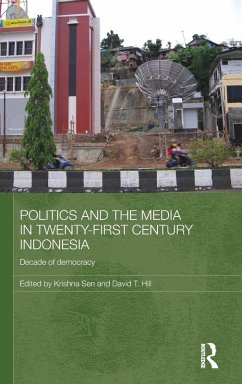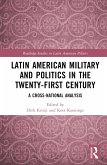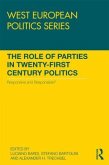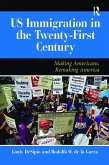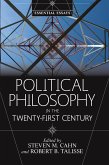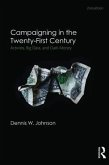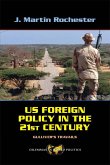Examines the media in the post-authoritarian politics of 21st century Indonesia. Whilst recognising the impact of the fall of Soeharto and the New Order regime, this book shows that many of the factors influencing developments in politics and the media were global and would have had an impact upon Indonesia irrespective of the government in power.
Every political aspirant and activist knows the media are important. But there is little agreement on how an increasingly diversified media operate in post-authoritarian transitions and how they might promote, or impede, the pathways to a sustainable liberal democracy in the 21st century. This book examines the role of the media during Indonesia's longest experiment with democratisation. It addresses two important and related questions: how is the media being transformed, both in terms of its structure and content, by the changing political economy of Indonesia after the fall of Suharto? And what is the potential impact of this media in enabling or hampering the development of democracy in Indonesia? The book explores the relation between the working of democratisation, by examining the role of ethnic identity and nationalism; increasingly cheaper and diversified means of media production, challenging state monopolies of the media; the reality of personalised and globalised media; and the challenging of the connection between a free media and democracy by global capitalism and corporate control of the media. The book argues that the dominant forces transforming Indonesia today did not arise from the singular point of Suharto's resignation, but from a set of factors which are independent from, but linked to, Indonesia's internal politics and which shape its cultural industries.
Hinweis: Dieser Artikel kann nur an eine deutsche Lieferadresse ausgeliefert werden.
Every political aspirant and activist knows the media are important. But there is little agreement on how an increasingly diversified media operate in post-authoritarian transitions and how they might promote, or impede, the pathways to a sustainable liberal democracy in the 21st century. This book examines the role of the media during Indonesia's longest experiment with democratisation. It addresses two important and related questions: how is the media being transformed, both in terms of its structure and content, by the changing political economy of Indonesia after the fall of Suharto? And what is the potential impact of this media in enabling or hampering the development of democracy in Indonesia? The book explores the relation between the working of democratisation, by examining the role of ethnic identity and nationalism; increasingly cheaper and diversified means of media production, challenging state monopolies of the media; the reality of personalised and globalised media; and the challenging of the connection between a free media and democracy by global capitalism and corporate control of the media. The book argues that the dominant forces transforming Indonesia today did not arise from the singular point of Suharto's resignation, but from a set of factors which are independent from, but linked to, Indonesia's internal politics and which shape its cultural industries.
Hinweis: Dieser Artikel kann nur an eine deutsche Lieferadresse ausgeliefert werden.

